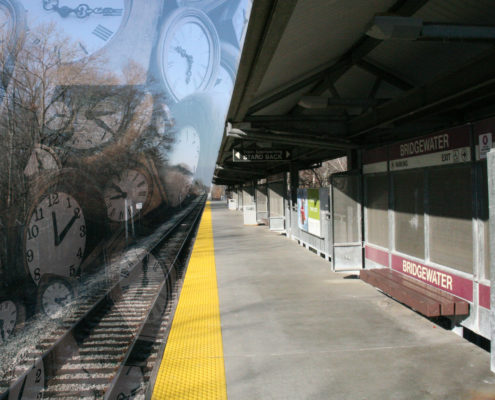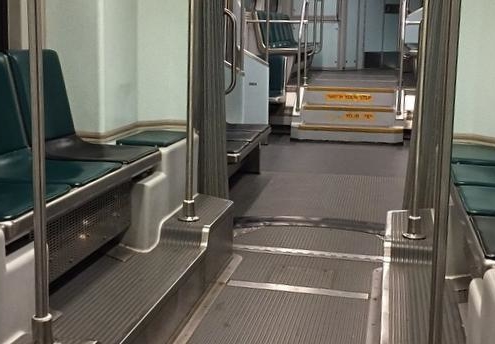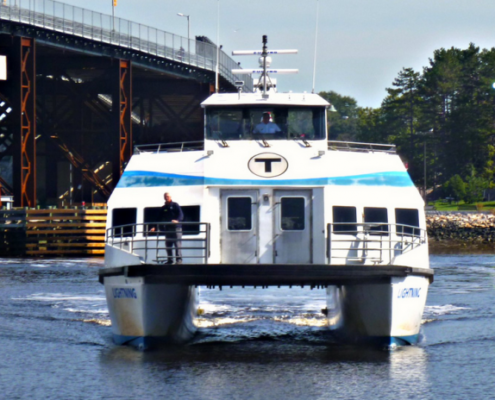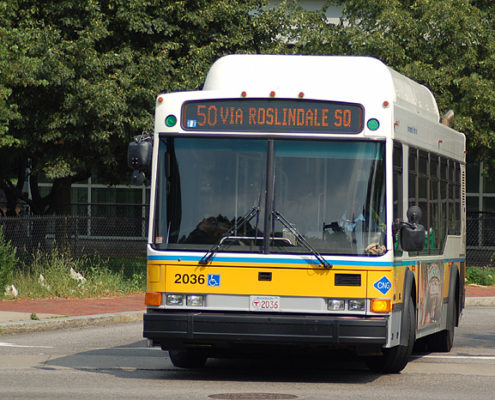COVID-19 Silver Lining: MBTA Takes Advantage of Ridership Lull to Accelerate $8.5 Billion Modernization Program
BOSTON – Pioneer Institute congratulates the Fiscal and Management Control Board (FMCB) and MBTA management for taking advantage of the precipitous ridership declines due to the COVID pandemic to dramatically accelerate ongoing construction projects.
Total MBTA capital investment in fiscal year 2020 was $1.511 billion, which exceeds the authority’s budgeted goal of $1.473 billion. T management has overcome longstanding problems and is on track to fulfill its stated mission of spending the $8.5 billion included in its FY2020-2024 capital plan.
On June 15, the FMCB voted to award seven four-year contracts totaling $50.5 million for design and construction phase services for system-wide infrastructure and facility improvements, modernization, and reliability. Pioneer Institute’s August 2019 report, “The MBTA’s Capital Spending Crisis,” and October 2019 report, “The $8.5 Billion Marshall Plan for MBTA needs” called for the MBTA to hire outside capital project expertise on a grand scale to address chronic under-spending of available capital funds.
“The MBTA has made the most of a bad situation after suffering historic ridership declines triggered by the COVID-19 pandemic,” said Pioneer Executive Director Jim Stergios. “The T deserves our congratulations. Our hope is that these investments will lead to a better customer experience once the pandemic has passed.”
Scaling up capital investment has been a top priority since the system collapsed in the snow during the winter of 2015. For years, the MBTA has been unable to meet capital spending targets. At the start of 2015, annual capital spending was less than $450 million. That figure rose to $813 million in FY2017, $875 million in FY2018, and $1.065 billion in FY 2019, before reaching, as noted above, $1.511 billion in 2020.
Last month, the T reported that June ridership had dropped from February pre-pandemic baseline levels by 70 percent on buses, 85 percent on subways, and 96 percent on commuter rail.
In response, the MBTA effectuated a plan to accelerate construction schedules by implementing 28-day full weekday and weekend service closures for some construction projects that would replace a year of previously planned delays, slow zones, and weekend diversions. Service closures eliminate repeated setup/breakdown time, resulting in greater efficiency and improved safety.
The MBTA has also bolstered its capacity by hiring outside expertise to improve its human resource recruitment; bid solicitation; and management of employee absences, especially unscheduled or same day absences.
About Pioneer
Mission: Pioneer Institute develops and communicates dynamic ideas that advance prosperity and a vibrant civic life in Massachusetts and beyond.
Vision: Success for Pioneer is when the citizens of our state and nation prosper and our society thrives because we enjoy world-class options in education, healthcare, transportation and economic opportunity, and when our government is limited, accountable and transparent.
Values: Pioneer believes that America is at its best when our citizenry is well-educated, committed to liberty, personal responsibility, and free enterprise, and both willing and able to test their beliefs based on facts and the free exchange of ideas.
Get Updates on Our Transportation Research
Related Content












